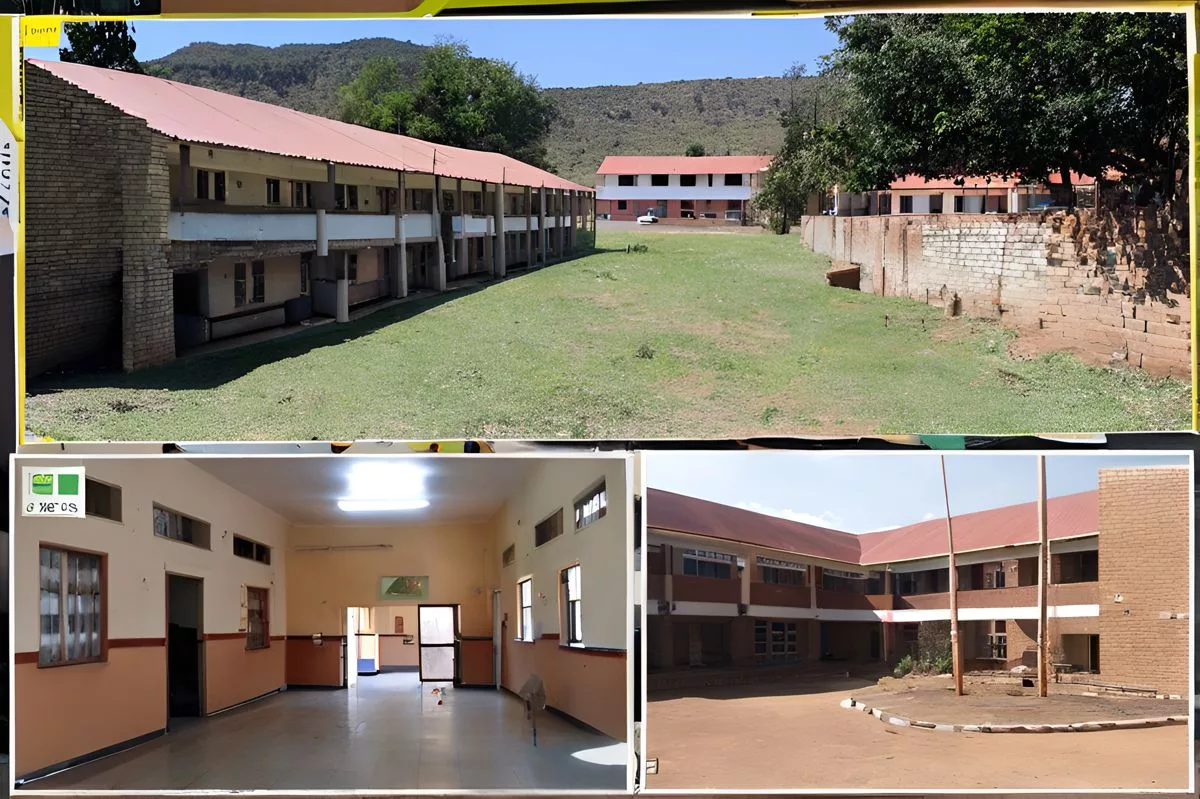The power of history is a central theme in Minister Aaron Motsoaledi’s speech on the State of the Nation Address in South Africa. He highlights the importance of documenting history and how it shapes us as individuals and nations. The minister also shares personal and communal stories of South Africa’s journey from trials to triumphs, including improvements in healthcare, education, and administrative reforms. Through his narrative, he emphasizes the progress made towards equality and progress and reminds us of the value of recognizing and appreciating our history for a brighter future.
The Power of History
History holds an influential grip on us, moulding us both as individuals and as nations. Minister Motsoaledi reverberates this idea, quoting the words of John Jay Chapman. He speaks of the primal human instinct to document, to etch an image on a tusk or maintain a diary, underlining the timeless value of the past as the very cornerstone of civilization.
At the public arena of the South African Parliament, esteemed figures such as the President, the Deputy President, the House Chair, the Honourable Speaker, and the Chairperson of the National Council of Provinces all congregate. They attentively listen to the engrossing and enlightening narrative spun by the esteemed Minister, Aaron Motsoaledi, as he articulates his views during a debate on the State of the Nation Address.
The Power of History
History holds an influential grip on us, moulding us both as individuals and as nations. This concept is deeply ingrained in our psyche, substantially swaying our current actions and future ambitions. Minister Motsoaledi reverberates this idea, quoting the words of John Jay Chapman. He speaks of the primal human instinct to document, to etch an image on a tusk or maintain a diary, underlining the timeless value of the past as the very cornerstone of civilization.
Unravelling the history of South Africa, Minister Motsoaledi expertly illustrates the metamorphosis that the nation has undergone since the fall of apartheid. His tales are steeped in the spirit of what is known as “Tintswalo” moments – a phrase denoting a blessing or a significant turning point.
South Africa’s Journey: From Trials to Triumphs
Recalling the tremendous hardships faced by the elderly during apartheid, the minister illuminates the somewhat distressing tactics health professionals were compelled to adopt to ensure that the elderly received disability grants. The pressing need for such grants has been eliminated by the introduction of the SASSA grants under the ANC government.
The minister’s individual Tintswalo moment arrived with the ANC’s role in providing electricity and clean running water to rural areas, a monumental leap towards enhancing living conditions. His narrative transitions from personal to communal, demonstrating how entire communities have experienced transformation, a testimony to the impact of progressive policies.
A noteworthy example of this transformation is the remarkable revamp of St. Rita’s Hospital in Sekhukhune. From being a hospital with a single doctor who performed various roles, it now boasts fifty full-time doctors and cutting-edge medical equipment, highlighting the considerable progress made.
Minister Motsoaledi puts the spotlight on one of the greatest successes, the enhancement in matric results. He emphasizes the drastic improvement from a mere 27% pass rate under apartheid education to the notable accomplishment of today. This victory serves as a cogent reminder of the country’s journey from a time of repressive policies to an era brimming with liberation and potential.
Administrative Reforms and Misconceptions
Moving on to administrative reforms, Minister Motsoaledi unveils the release of a white paper on Citizenship, Refugee Protection, and Immigration. This document represents a radical revamp of the country’s migration system, the first of its sort since the dawn of democracy. The reform introduces new visa regulations and an upgraded way of handling visas to foster efficient and swift service delivery.
Delivering the closing remarks of his address, Minister Motsoaledi clarifies a directive issued by the Department of Home Affairs. He refutes misconceptions, reassuring those present that the directive was solely focused on necessary administrative procedures and never meant to have a detrimental effect on tourism.
A Brighter Future
Through his narrative, Minister Motsoaledi beautifully illustrates the transformation that South Africa has experienced over the past few decades. He underlines the potency of policy and the considerable strides the nation has taken towards equality and progress. He reminds us of how the past can mould the present and shape the future, and how recognizing and appreciating our history can lead to a more promising tomorrow.
1. What is the central theme of Minister Aaron Motsoaledi’s speech on the State of the Nation Address in South Africa?
The central theme of Minister Aaron Motsoaledi’s speech on the State of the Nation Address in South Africa is the power of history and how it shapes us as individuals and nations.
2. What personal and communal stories did Minister Motsoaledi share about South Africa’s journey from trials to triumphs?
Minister Motsoaledi shared personal and communal stories about South Africa’s journey from trials to triumphs, including improvements in healthcare, education, and administrative reforms. He highlighted the progress made towards equality and progress.
3. What is the concept of Tintswalo moments and how is it related to South Africa’s journey?
Tintswalo moments denote a blessing or a significant turning point. Minister Motsoaledi used this phrase to describe the significant positive changes that South Africa has undergone since the fall of apartheid.
4. What is the greatest success that Minister Motsoaledi emphasized during his speech?
Minister Motsoaledi emphasized the enhancement in matric results as the greatest success, highlighting the drastic improvement from a mere 27% pass rate under apartheid education to the notable accomplishment of today.
5. What administrative reform did Minister Motsoaledi unveil during his speech?
Minister Motsoaledi unveiled the release of a white paper on Citizenship, Refugee Protection, and Immigration, representing a radical revamp of the country’s migration system, the first of its sort since the dawn of democracy.
6. What clarification did Minister Motsoaledi provide in his closing remarks about a directive issued by the Department of Home Affairs?
In his closing remarks, Minister Motsoaledi clarified that the directive issued by the Department of Home Affairs was solely focused on necessary administrative procedures and was not meant to have a detrimental effect on tourism.












